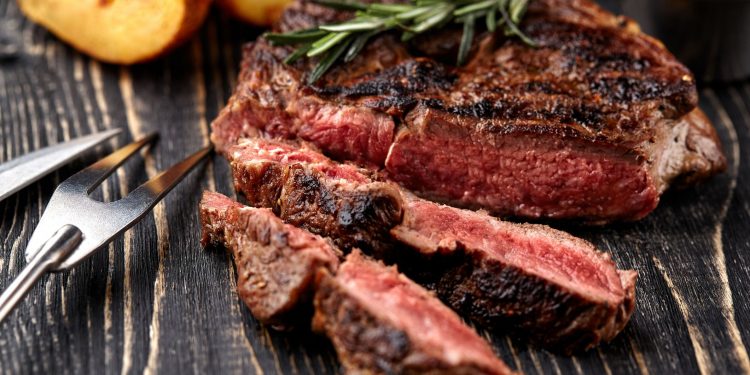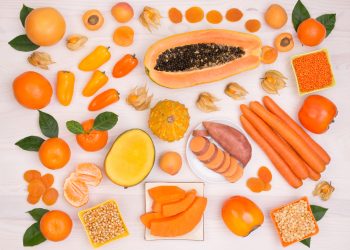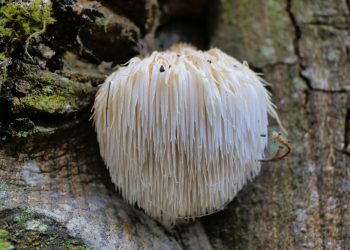Concerns about regular meat consumption are becoming more commonplace, particularly on social media and television. As we begin to hear these more frequently, we thought it might be useful to examine and address some common misconceptions about meat, and offer some perspective on the different kinds of meat and farming practices in this article.
- The surprising reason some people think meat = bad
- Why not all meat is created equal
- Why our ancestors always ate the whole animal
- How you can benefit from whole-animal concepts today
- Meat: good for you, good for the environment
The surprising reason some people think meat = bad
Firstly, it is important to note that there are very legitimate health and environmental concerns about processed or poorly-farmed meat. Generally speaking, meat that does not adhere to the highest commercial standards will be problematic, and at worst will be actively damaging to both. We’ll cover a bit more of some of the worst offences later on in this article.
There seems to be an increasing certainty in health commentators at large that all meat is simply bad for one’s health, with all sorts of claims of variable veracity being thrown around. Some ‘experts’ even claim that meat increases one’s risk of cancer.
But the reality is much, much more nuanced than some give it credit for. Even a recent wide-scale review study on meat and associated health risks was unable to draw the conclusion that meat is simply bad, instead recommending that adults who eat non-processed red meat continue to do so. [1]
In addition to this, there are very real and often justifiable concerns about the impact on the environment. Questions are raised about sustainability and eco-friendliness.
One of the most important distinctions, which is often overlooked in these discussions; is the difference between processed, grain-fed, hormone-raised, antibiotic-treated meat, and organic, pasture-raised, grass-fed meat.
Why not all meat is created equal
Where farming practices are good, and where the priority for a farm is producing happy and healthy livestock who have appropriate nutrients and are raised naturally, there is scarcely any more nutritious produce available. Grass-fed, organic beef, and specifically beef liver, is replete with vitamins, trace minerals, protein, and is one of the easiest ways of reaching your complete quota of a wide variety of micronutrients. There is scarcely any other foodstuff as densely packed with nutrients. [2]
However, where farming practices are focused solely on profit margins, the weight of the animal is prioritised above its health and happiness. The animal’s nutritional content is decreased, while at the same time, the potential for toxins and undesirable substances sequestering in the product is increased. As endocrinologist Dr. Ray Peat notes:
“There are many ways to increase the water content of meat, besides feeding estrogen to the animal and soaking the meat after slaughter. Everything that causes water retention and tissue swelling in the living animal, that is, every kind of stress, fatigue, poisoning, malnutrition and injury, will make the animal gain weight, without consuming expensive nutritious food. Crowding, fright, and other suffering increase water retention and accelerate the breakdown of fats and proteins.” [3]
Here at Hirsch Organic, we are committed to upholding our Soil Association Organic Certification. Our treatment of livestock is ethical and takes into account what is best for each animal given their own physiology and behaviour. It also means that we never seek to use additives, GMO products, or treatments, and will always strive to use a nature-based solution to a problem.
We don’t artificially fatten up our cows and focus solely on water-weight like some farms might do; ours are well cared for, and able to graze freely on real, fresh pasture and forage for themselves whenever possible, ensuring that we produce the healthiest animals we can. [4] [5]
Why our ancestors always ate the whole animal
As supported by some of the earliest archaeological findings of butchery tools in caves and analyses of early diets, our hunter-gatherer forebears would almost certainly have consumed the entire kill whenever it was made, if only to be economical. What a waste it would be to track down a creature, capture and slaughter it, then throw away parts of it that could provide nutrition, especially when there is no certainty of finding prey! Scholars have suggested anything up to 99% of early diets would have been animal products. [6]
Long before muscle meats became popular, then they would have been some of the most difficult to consume on the animal, often being tough and requiring more preparation. Offal would comparatively have required very little preparation, the tissue being much softer, fattier, and easier to eat.
Indigenous populations still consume offal in some parts of the world, and in many of these cultures it’s still considered a delicacy. Here in the UK many traditional dishes still incorporate organ meat: steak and kidney pie, liver and onions, haggis, drisheen, black pudding, the list goes on. Monarchs and nobility throughout the last thousand years would have likely consumed sweetmeats; and even today, expensive restaurants across these islands sell sweetmeats, liver, marrow, even heart, and brain — for their nutritious qualities, distinctive flavours, and unique textures. [7]
How you can benefit from whole-animal concepts today
Muscle meats are high in methionine, an essential amino acid, but relatively low in other key acids such as glycine. If intake of these amino’s is not kept in particular ratios, it can cause issues and increase the need of the body for certain nutrients (especially B-vitamins) which are found in high concentrations in organ meats like liver. For our ancestors it was relatively simple to strike a balance: eat nose-to-tail, use the entire animal, and effortlessly get the right ratios of amino acids, vitamins, minerals, etc. [8]
Even a single serving of organ meats once or twice a week can be massively beneficial for overall health. Choline, copper, folate, iron, selenium, zinc, and a wide variety of other nutrients are to be found in high concentrations in liver, where lipid-soluble vitamins are stored. The liver is also responsible for clearing out certain toxins, so it is especially important to find high-quality liver from a trustworthy seller.
If you are unable to find grass-fed, high-quality organic liver, then perhaps it could be worth looking into liver or organ meat supplements, such as our organic organ meat supplements.
Meat: good for you, good for the environment
Many (if not most) modern farming practices are damaging to the environment. The heavy use of pesticides, for instance, eventually damages the entire ecosystem of the farm down to its very soil, meaning the animals and plants even in the surrounding areas can have their health compromised, biodiversity is severely harmed, and the product which eventually reaches you will be subpar at best. A shocking number of species in the UK have had their populations dwindle in the last 50 years, in no small part due to unethical farming practices — to say nothing of the deterioration in the health of Britain’s livestock caused by hormones, antibiotics, unnatural diets, and GMO feeds. [9]
Organic farming, on the other hand, promotes healthy ecosystems — diversity of flora and fauna is promoted, and sustainable practices which protect the land and wildlife in it are absolutely essential. Our farms adhere to the principles of organic farming as laid out by the Soil Association, and we strive to:
- Sustain and enhance the health of our soil, plants, and animals
- Work with and help sustain living ecological systems and cycles
- Build on relationships that ensure fairness with regard to our shared environment
- Protect the health and well-being of current and future generations and the environment [10]
Summing things up
Certainly some meat and produce from questionable farms are harmful to both the consumer and the environment.
Yet not all meat is bad for your health. Organ meats, in particular, are so densely packed with nutrients that it is likely our ancestors would have relied on them for the majority of their diets. Due to their favourable ratios of amino acids and trace minerals, they can benefit you, too — if you can find a good source.
When farming is done properly and emphasises organic principles, it is only beneficial to the land and the environment at large. If more farms adopted organic practices, the UK might cut up to 23% of its farming emissions immediately. [11] Eat organ meats, get healthier, and save the planet!









